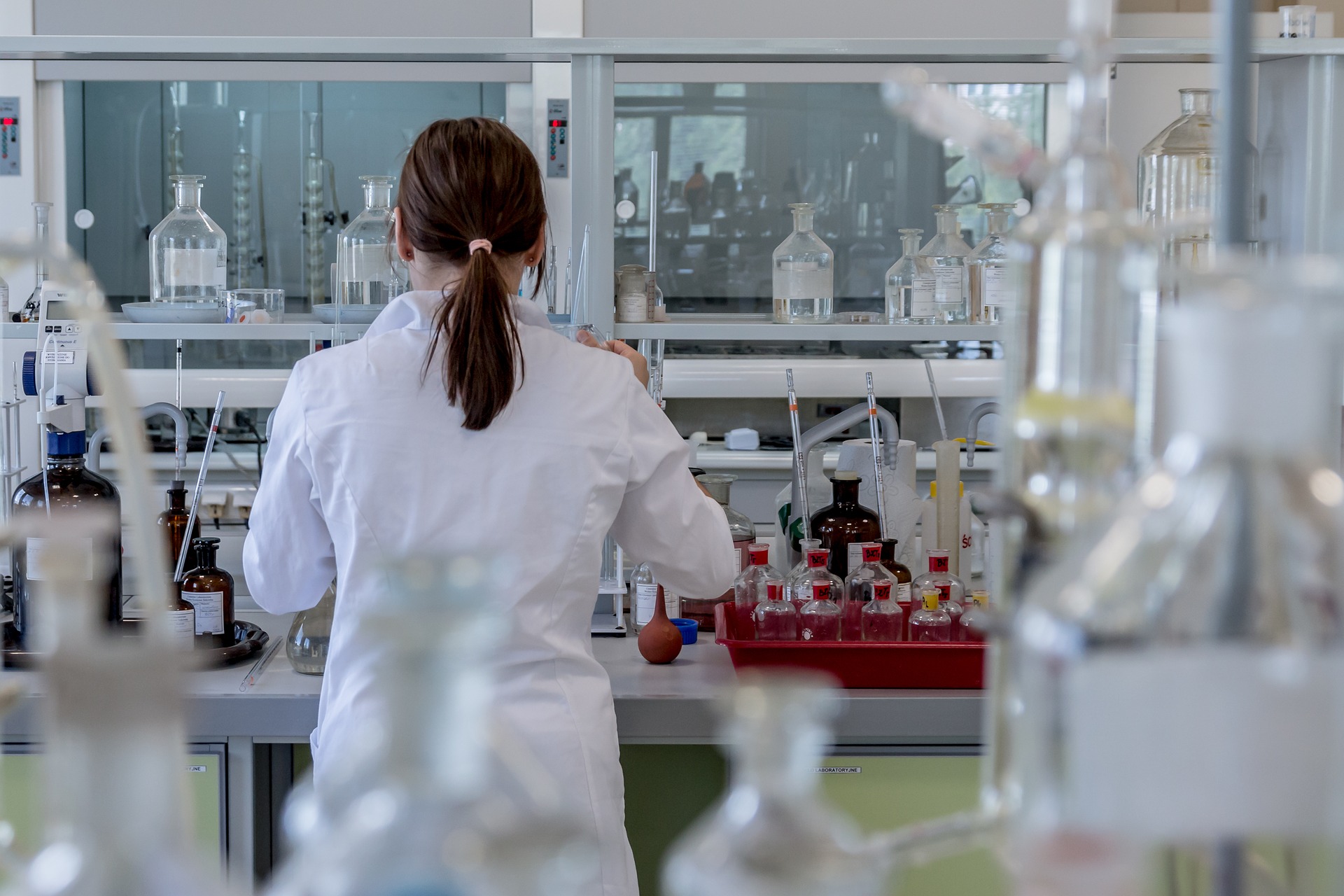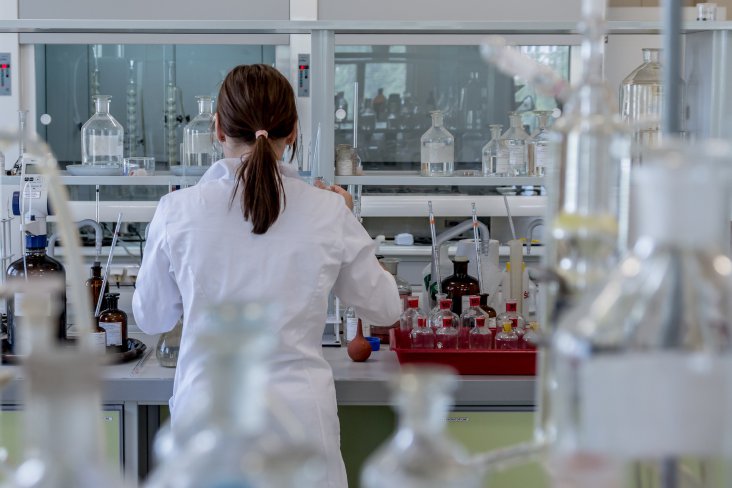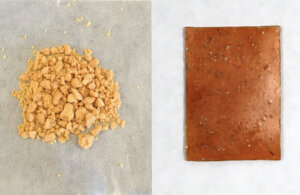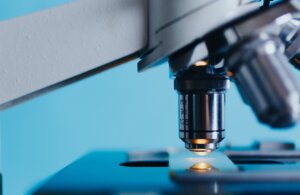The researchers at Fraunhofer UMSICHT establish that bioplastics can fundamentally be identified and sorted like conventional plastics. (Credit: Michal Jarmoluk from Pixabay)
According to an article on Britishplastics.co.uk experts at Fraunhofer UMSICHT are discussing bioplastics and its compatibility with recycling. The new German packaging law took effect on January 1, 2019, which allows for more food packaging, such as fruit and vegetables, to be made from sustainable plastics. The new law creates incentives for using products made from recyclable plastics and renewable raw materials in packaging. This could increase the share of bioplastics in the overall plastics market, which to date is just 0.6 percent. Bioplastics are biobased, biodegradable, or both, thus the material seems to be an ideal candidate to make packaging more sustainable. However, the only way to maximise bioplastics’ contribution to this development is to ensure that they are part of the reusable material cycle. In a new position paper, “Recycling Bioplastics,” experts from Fraunhofer UMSICHT took a closer look at the material group of bioplastics and wondered: Are bioplastics compatible with recycling?
The researchers at Fraunhofer UMSICHT establish that bioplastics can fundamentally be identified and sorted like conventional plastics. If bioplastics are used more frequently in the future, for instance in packaging, this will require targeted adjustments to the waste management system, among other things. This produces a few different recommendations, including deposit programs, sorting trials and labelling of recycled products. Products and materials must be designed to remain in circulation after they are used. That includes being able to cleanly separate all of the components in order to facilitate recycling (e.g. lids from yogurt cups). However, solutions still need to be developed and established that are technically, economically, and ecologically reasonable. Experts at Fraunhofer UMSICHT believe this is the only way to appropriately increase the share of sustainable plastics in our value chain.










